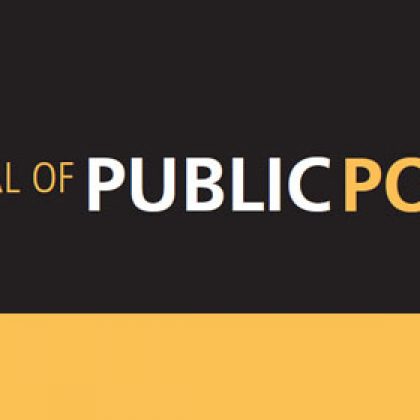Peer review in the open-access humanities
Among the biggest consternations around the idea of open access (OA) – that is, that research work be made openly available for anybody to read and re-use without paying – has been peer review. Many academics feared that the strict standards of peer review that have governed academic publishing for some time would evaporate, particularly in gold models of OA where the author’s institution pays a fee and there is a seeming incentive for publishers to take on more work.
Indeed, while the sky has not fallen and peer review remains in all decent venues, it is this fundamental conflict between the theoretical abundance of the digital space in contrast to the desired limitations of academic systems that leads to such anxieties. For, if we are no longer limited by page budgets and material costs of dissemination, can we not just publish more?
The answer is: to some extent, but not straightforwardly so. Most of the cost in publishing lies in the labour to reach the first good copy, not in the subsequent dissemination of that material, so the internet doesn’t reduce our costs in quite the way that might be expected. More importantly, though, academia acts on systems of filtering and exclusion. Academics have only a limited quantity of time and want to be told where to direct it by human filtering systems (editors and peer review) that they trust.
Likewise, OA publishers both new and old want peer review for the reputational trust that it can bring. Open-access book publishers, for example, need to show that they have “rigour” and that they can make selection judgements that turn out high-quality publications. If they do not, then they will find their submission pool substantially depleted, leading into a negative spiral. For instance, my latest book has just gone through peer review at Open Book Publishers, which consisted of three single-blind reports, joint first-place for number of reviewers that I have ever had.
Yet, something nags at me. For peer review is no silver bullet and I don’t know how far we should trust it. Several studies of Nobel Prize-winning scientists suggest that their papers were rejected by “top” publication venues, based on peer review, including the works for which the prizes were eventually awarded. In fact, it seems that we are not brilliant at predicting excellence in de-contextualized environments.
Furthermore, academics put a lot of work into peer review that goes unrewarded in any formal sense. The anonymity of peer review, designed to prevent abuses of rank, also works to remove any formal credit. Such anonymity can be important in order to speak truth to power. It can also, though, simply mean that we do not recognize and value the work of colleagues. Finally, the anonymity of peer review often means that one cannot judge just how much of a “peer” a reviewer is.
All-in-all, venues for the openly accessible humanities, whether for monographs or journals, will continue to employ strategies of peer review. We should not, though, substitute this for our ongoing individual critical judgements.
Professor Martin Paul Eve is Chair of Literature, Technology and Publishing at Birkbeck, University of London. Among other books he is the author of Open Access and the Humanities: Contexts, Controversies and the Future (Cambridge University Press, 2014).






